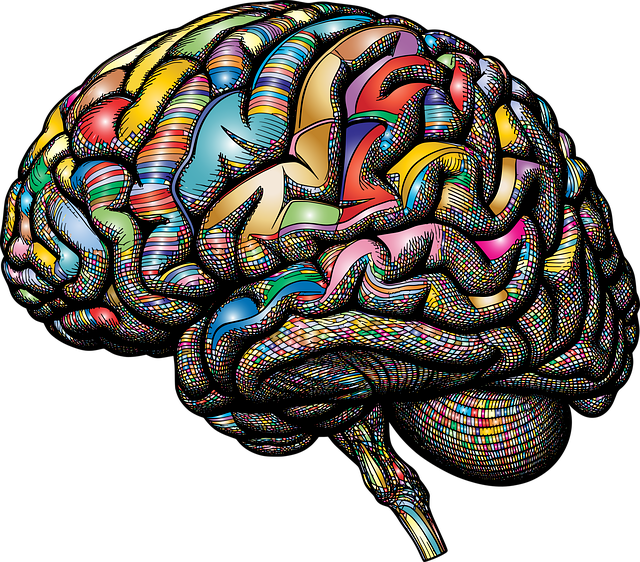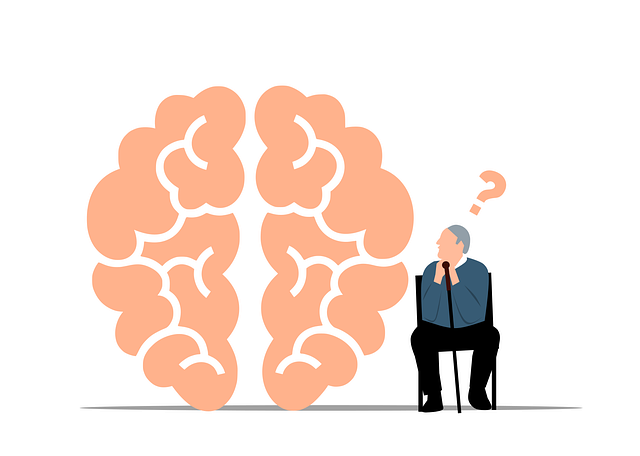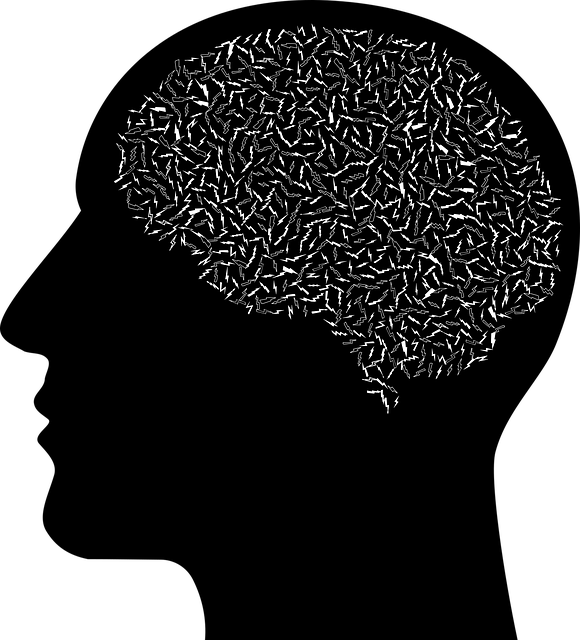Centennial Functional Neurological Disorder (CFND) Therapy emphasizes the power of coping skills to transform lives. By teaching mindfulness, relaxation, and cognitive reframing, individuals with CFND can manage stress, emotions, and challenges, leading to improved well-being and quality of life. Cultural sensitivity and risk assessment for mental health professionals are key to accessible and effective therapy. These strategies not only benefit patients but also healthcare providers, fostering resilience, empathy, and supportive environments for better long-term outcomes.
Coping skills development is a pivotal aspect of treating conditions like Centennial Functional Neurological Disorder (NFD) therapy. This article explores the profound impact of cultivating effective coping mechanisms, delving into their significance for managing symptoms and enhancing overall well-being. We’ll uncover practical strategies to navigate challenges, highlighting how these skills can be applied in daily life and foster long-term resilience. By understanding coping skills, individuals can empower themselves to lead more fulfilling lives despite the complexities of NFD.
- Understanding Coping Skills and Their Significance in NFN Therapy
- Strategies for Developing Effective Coping Mechanisms
- Practical Application and Long-term Benefits of Coping Skills Development
Understanding Coping Skills and Their Significance in NFN Therapy

Coping skills are essential tools for individuals navigating functional neurological disorders (FNDs), like Centennial Functional Neurological Disorder Therapy aims to address. These skills refer to the strategies people use to manage and cope with stressful situations, emotions, and challenges they encounter in their lives. In the context of FND therapy, understanding and developing effective coping mechanisms can significantly enhance a patient’s overall well-being and recovery process.
The significance of these skills lies in their ability to support emotional healing processes and regulate emotions effectively. Through various techniques, such as mindfulness, relaxation strategies, and cognitive reframing, individuals with FND can learn to manage symptoms, reduce anxiety, and improve their quality of life. Mind over matter principles play a crucial role here, empowering patients to take control of their mental state and foster a sense of resilience in the face of adversity.
Strategies for Developing Effective Coping Mechanisms

Developing effective coping mechanisms is a crucial aspect of managing mental health challenges, especially for individuals with conditions like Centennial Functional Neurological Disorder (CFND). CFND Therapy emphasizes the importance of tailored strategies to address burnout prevention and enhance overall well-being. One key approach involves identifying personal coping resources and techniques that align with individual preferences and needs. This may include mindfulness practices, such as meditation or deep breathing exercises, which have been shown to reduce stress and promote emotional regulation.
Additionally, cultural sensitivity in mental healthcare practice plays a significant role. Understanding and incorporating culturally relevant coping strategies can make therapy more accessible and effective. For instance, some individuals might benefit from traditional healing methods or community support systems. Professionals should also consider risk assessment for mental health professionals to ensure they have robust mechanisms to manage their own stress levels, preventing them from experiencing burnout and better supporting their clients.
Practical Application and Long-term Benefits of Coping Skills Development

The practical application of coping skills development is a cornerstone of therapeutic practices, especially in addressing complex conditions like Centennial Functional Neurological Disorder (CFND). Through targeted interventions, individuals gain tangible tools to navigate life’s challenges. This process involves learning and practicing strategies such as stress management techniques, problem-solving abilities, and effective communication, which are essential for daily coping. For instance, social skills training equips individuals with the ability to interact confidently in various settings, fostering meaningful connections and a sense of belonging.
In the long term, these skills contribute to enhanced resilience, improved mental health, and better quality of life. Research highlights that empathy-building strategies, when integrated into therapy, can lead to profound personal growth and deeper interpersonal relationships. Moreover, burnout prevention strategies for healthcare providers, who often support individuals with CFND, benefit from these coping mechanisms. By adopting effective coping skills, both patients and caregivers reduce stress, improve self-care, and foster a more supportive environment, ultimately promoting better outcomes in the long term.
Coping skills development is a powerful tool within Centennial Functional Neurological Disorder (NFN) therapy, enabling individuals to navigate life’s challenges with resilience. By understanding and implementing effective mechanisms, as discussed in this article, one can foster a sense of control and well-being. The practical application of these strategies extends beyond the therapy room, offering long-term benefits that enhance overall quality of life for those managing NFN.













